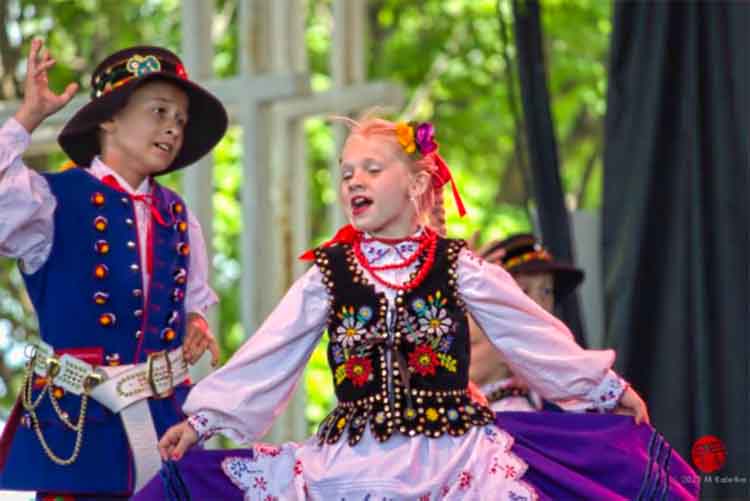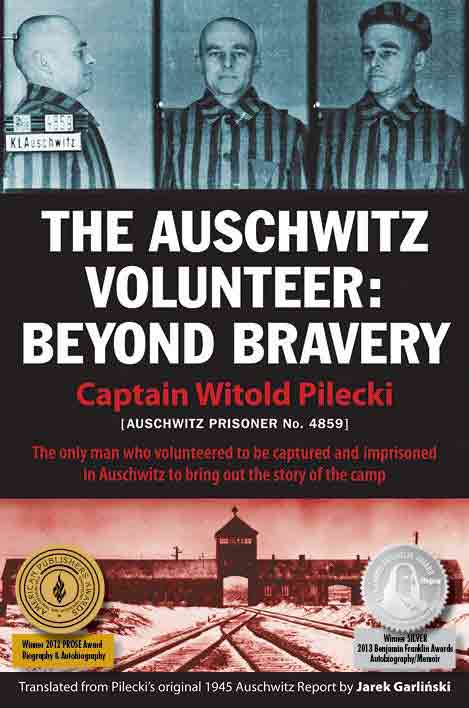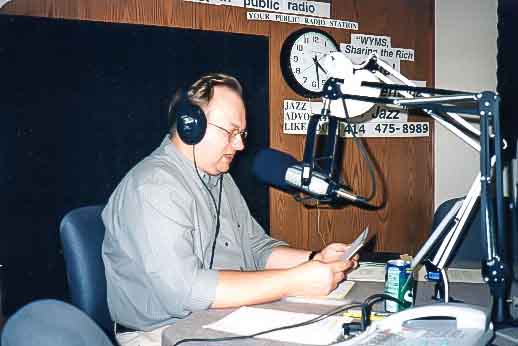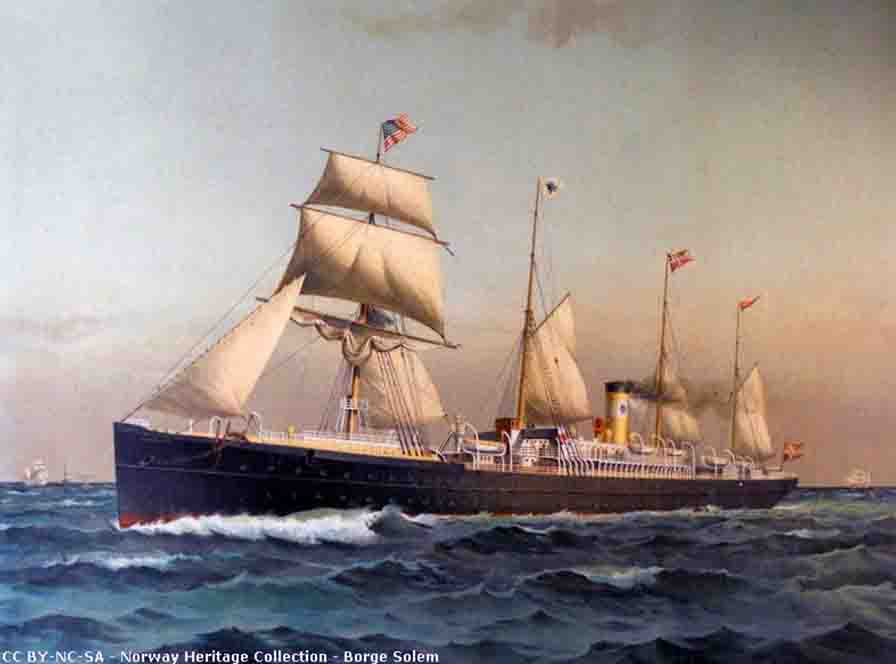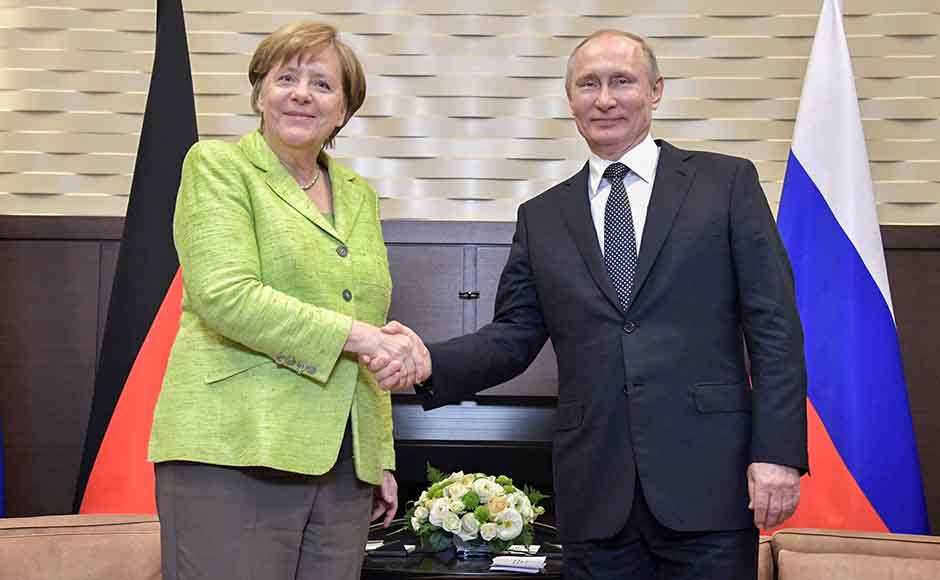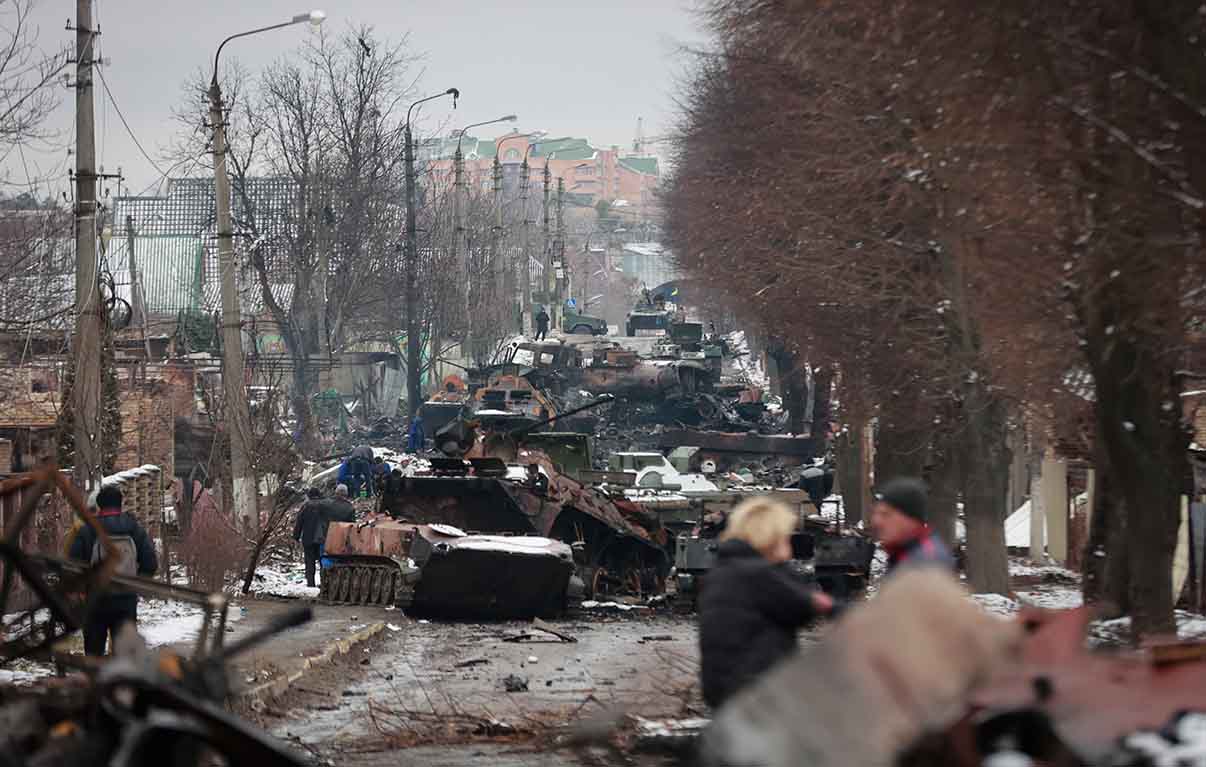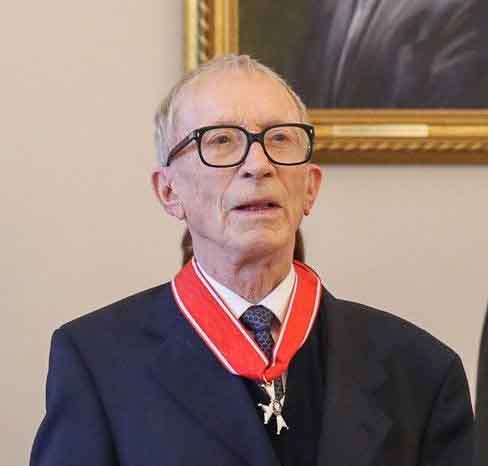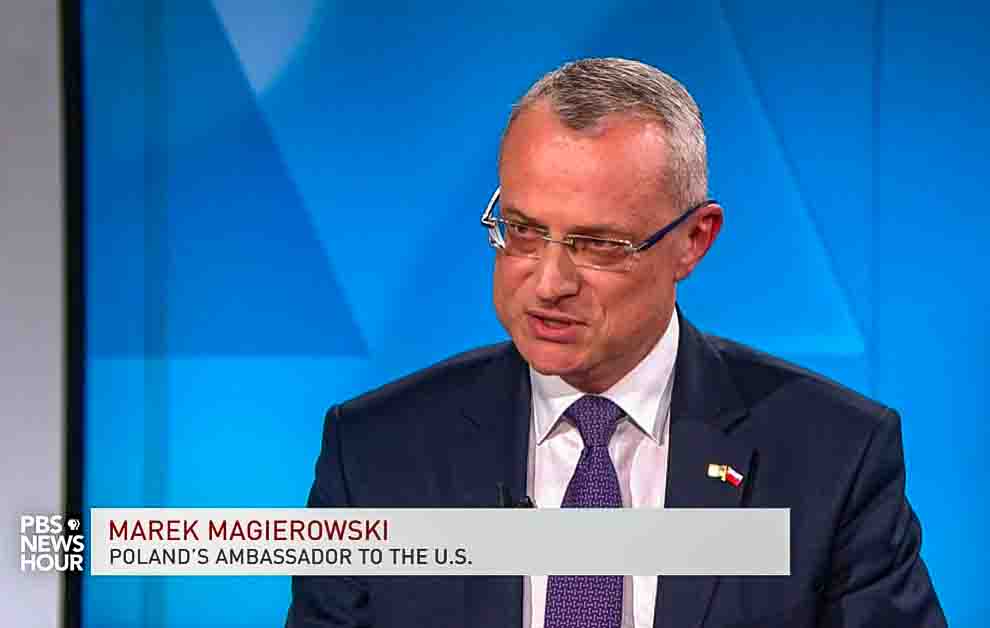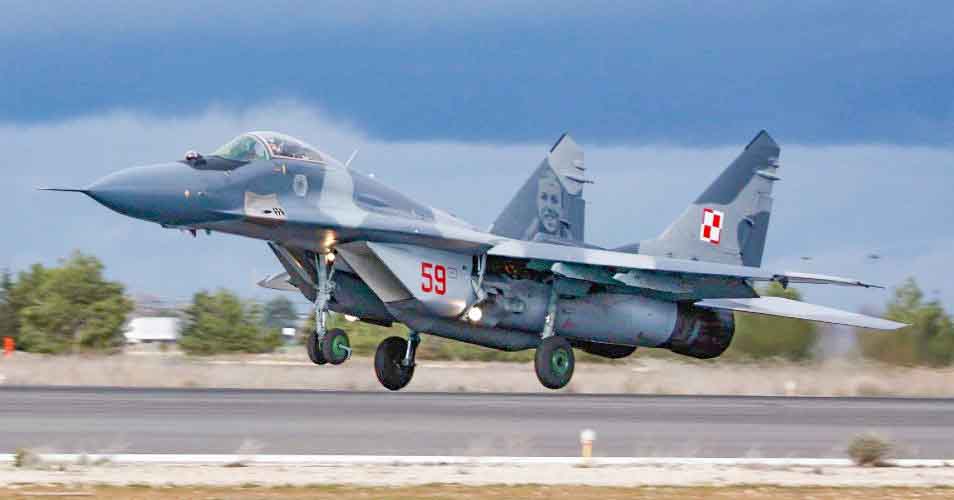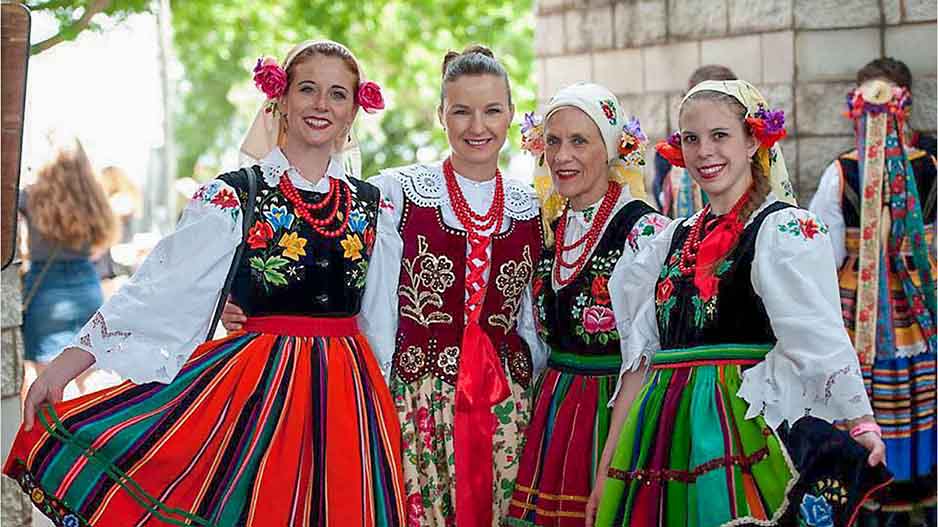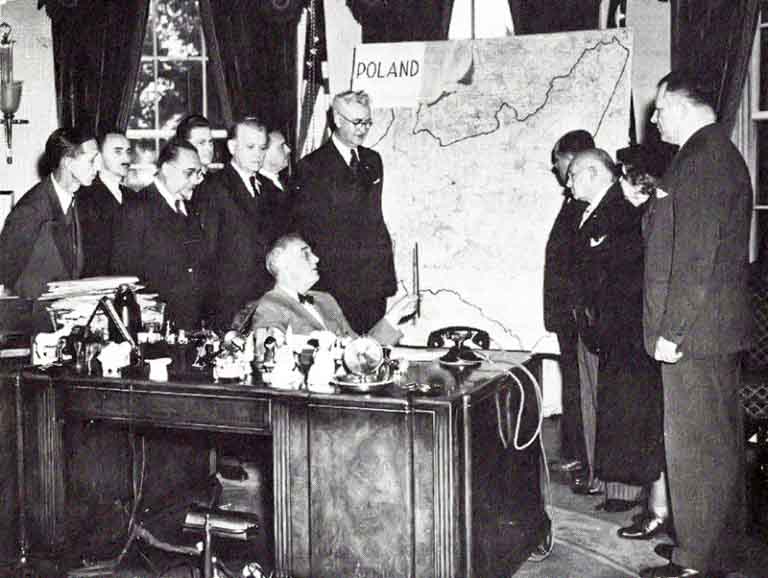Polish Fest has been an annual event for the last 40 years. Its first edition took place in 1982 during the four days of the Labor Day weekend on the city’s Summerfest grounds. In a perfect world we would be celebrating the 41th anniversary this year, but in reality, this year’s Polish Fest is being organized for the 39th time.
Read more...PACIM (Polish American Cultural Institute of Minnesota) sent me an unsolicited e-mail announcing the showing of the Death of Captain Pilecki at a small neighborhood movie theater. It piqued my interest. Little did I know by attending that I would be drawn by its message to act. Prior to and after the showing, Marek Probosz spoke and took questions.
Read more...In 2022, the editor-in-chief of the Kuryer Polski internet portal (kuryerpolski.us), Mr. Waldemar Biniecki, became the winner in the category of journalist of the Polish media. The jury awarded him for a series of bilingual publications in Kuryer Polski , thanks to which the Polish point of view reaches audiences not only in the United States, but all over the world.
Read more...About 20 million people of Polish origin live outside Poland. These are people who left the country or were born outside of Poland, but show attachment to Polish origin and ties with the Polish culture.
Read more..."In the category of Journalist of the Polish Media, the winner is Waldemar Biniecki. The jury recognized him for a series of bilingual publications in «Kuryer Polski», thanks to which the Polish point of view reaches audiences not only in the United States, but all over the world."
Read more...On Tuesday, March 10, 1891, sixteen-year-old Michal Grochowski stepped aboard the steamship SS America at Bremerhaven (Bremen), Germany. Michal had never seen a ship in person, nor had he ever laid eyes on the ocean. He had spent his entire life in the farmsteads of rural Łobżenica, Poland, about 40 miles west of present-day Bydgoszcz.
Read more...According to more recent research from 2020, 24.6 percent of Russia's population of 36 million had incomes below the national average. This means that a quarter of Russia's population can be classified as low-income, which, according to international methodology, means that they are at risk of poverty
Read more...On February 24, 2022, Russian troops entered Ukraine. The war which, according to intelligence analysts from the USA, Germany and France, was to last 4-5 days and end with the occupation of Ukraine and the complete subordination of Ukraine by Russia, and perhaps even the erasure of the name Ukraine from the map of Europe, began.
Read more...On the eve of Spring, on March 19, 2022, Jan Michał Małek left us — a Polish engineer, entrepreneur, investor, real estate developer, economy enthusiast, outstanding intellectual, activist and philanthropist. Jan Michał Małek will be remembered for his extraordinary support for Polish affairs, for his generous charitable contribution to Poland and the Polish community in the United States, as well as for his leadership and significant contribution to the free market economy and economic development.
Read more...Poland, together with the countries of NATO's eastern flank, must create a media narrative in order to jointly oppose the false propaganda of the Kremlin. We must finally reach the Western elite with our narrative and give ordinary Russians an objective account of missile attacks on hospitals, orphanages, nuclear reactors and the infrastructure that serves ordinary people.
Read more...Over the past few days, the media has been buzzing about the potential transfer of Polish MiG-29 fighter aircraft, originally of Soviet production, to Ukraine, or rather, the failure thereof. Let's take a closer look at this mess.
Read more...Young Americans and Polish People- Survey
Patricia Stachowicz
In a survey of nearly 1,800 Polish Americans, the Piast Institute sought to create a basic profile of the Polish American community, including their demographics, income levels, and political views. We were interested in finding out how Americans, particularly young Americans, perceive us.
Read more...Waldemar Biniecki
There are still a few weeks left until November 5, 2024. Will any of the candidates make a direct appeal to the Polish community for support? Will the current Polish American Congress or the Polish-American Coalition make such an appeal for support for a candidate? Or will it happen again that we, as Polonia, will allow ourselves to be manipulated.
Read more...


